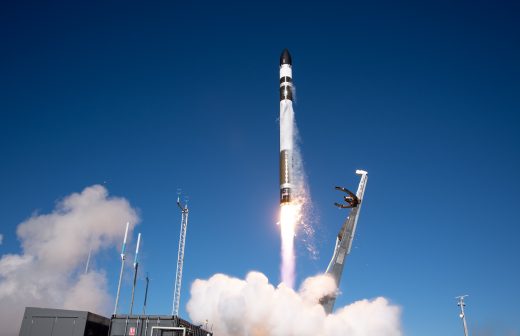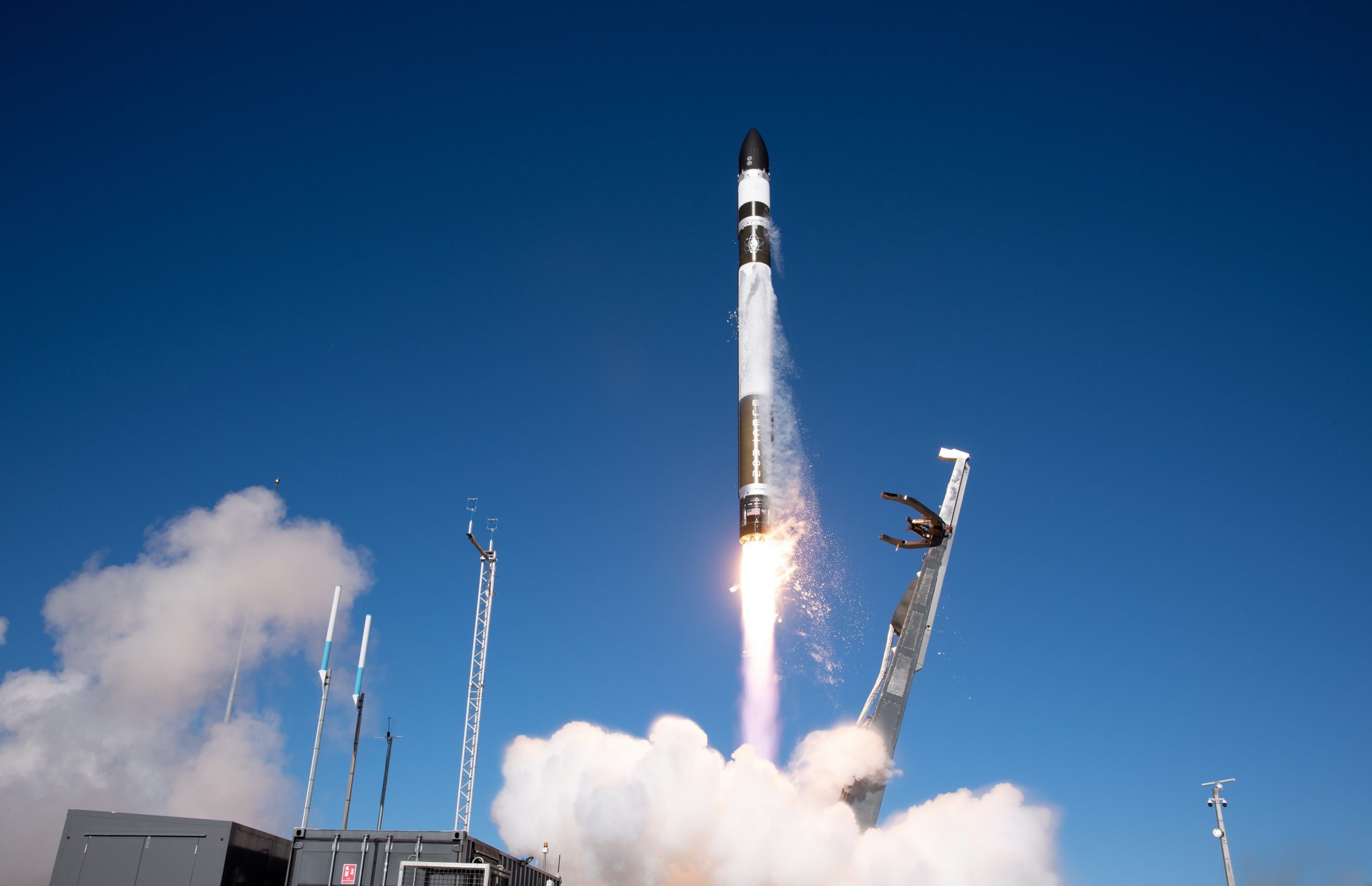Rocket Lab’s Electron rocket makes a successful return to flight
Rocket Lab has made a successful return to flight following a failure last month. The company’s Electron rocket launched a 100 kg (220 pound) Earth observation satellite from its facility on the Mahia Peninsula in New Zealand at 11:05 PM EDT on August 30th. That marks the first flight since the company’s failed launch on July 4th, when it lost seven satellites including one from Canon.
The earlier failure was caused by a single faulty electrical connection that ultimately led to the engine’s shutdown a few minutes into the second stage burn. Rocket Lab was able to “reliably replicate” the issue and determined how to avoid a similar problem in future launches.
The Electron booster’s payload was the “Sequoia” satellite from San Francisco-based Capella Space. The mission was called “I Can’t Believe It’s Not Optical,” because the satellite uses synthetic aperture radar (SAR) and not optical lenses to provide detailed Earth images. “Capella’s space-based radar can detect sub-0.5 meter changes on the surface of the Earth, providing insights and data that can be used for security, agricultural and infrastructure monitoring, as well as disaster response and recovery,” Rocket Lab wrote.
The mission is the 14th successful launch for Rocket Lab. Prior to the July 4th failure, the company had made 11 consecutive successful launches.
(31)




